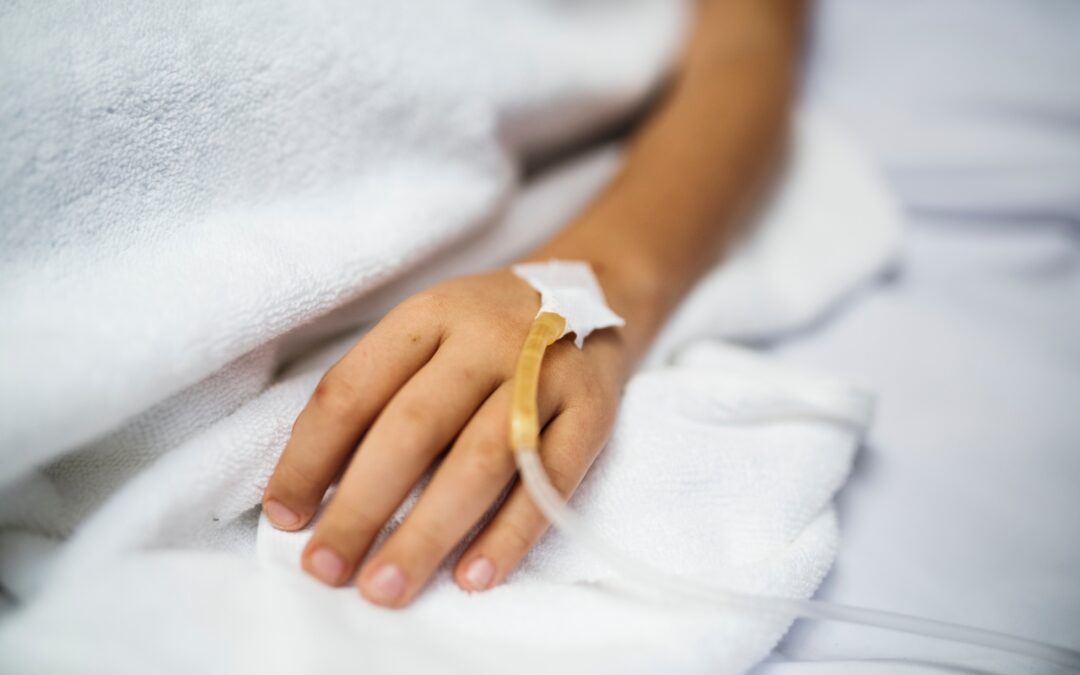Peripheral Intravenous Cannulation (PIVCs) PIVCs are used to administer fluids or medications, blood products or nutrition, and many patients will require at least one peripheral intravenous catheter during their hospital stay.
During each shift, you should assess the need for the PIVC. There are many situations in which you may be suddenly required to administer PIVC, even if it wasn’t needed in the first place. These reasons for an unplanned PIVC may include; an upcoming procedure or cardiac monitoring, or an unstable medical condition.
How Do I Properly Perform PIVC?
Upon insertion of a PIVC, a flashback of blood in the chamber confirms that it is in the vein correctly. The flow of IV fluids allows you to estimate the location of the catheter and this is done so by either an infusion pump or IV flushes via manual injection.
What Are Some Complications That May Occur?
There are many common PIVC complications which can occur and these range from:
- Phlebitis or inflammation of the vein. This is characterised by one or more of the following symptoms; pain, redness, warmth, hardness of the IV site, or swelling.
- Thrombosis. This is the formation of a blood clot in the vessel and it is often caused by the cannula moving around in the vein and aggravating the vessel wall.
- Infiltration. This is the leakage of a non-vesicant solution into the surrounding tissues and this is known to cause pain and swelling.
- Damage. During the PICV insertion, nerve damage can also occur. If your patient feels a sharp shooting pain up the arm or any ongoing numbness, the cannula must be removed immediately.
Although peripheral intravenous cannulation (IV) is an increasingly performed procedure within a hospital setting, this invasive yet necessary procedure can often cause patients considerable discomfort and anxiety. By learning and maintaining the required skills, you can effectively demonstrate the methods that are used to manage and minimise any complications to the patient’s health.
If you would like to take part in our upcoming HLTHPS009 Perform Peripheral Intravenous Cannulation course then please don’t hesitate to get in touch with us at 1300 366 044.

